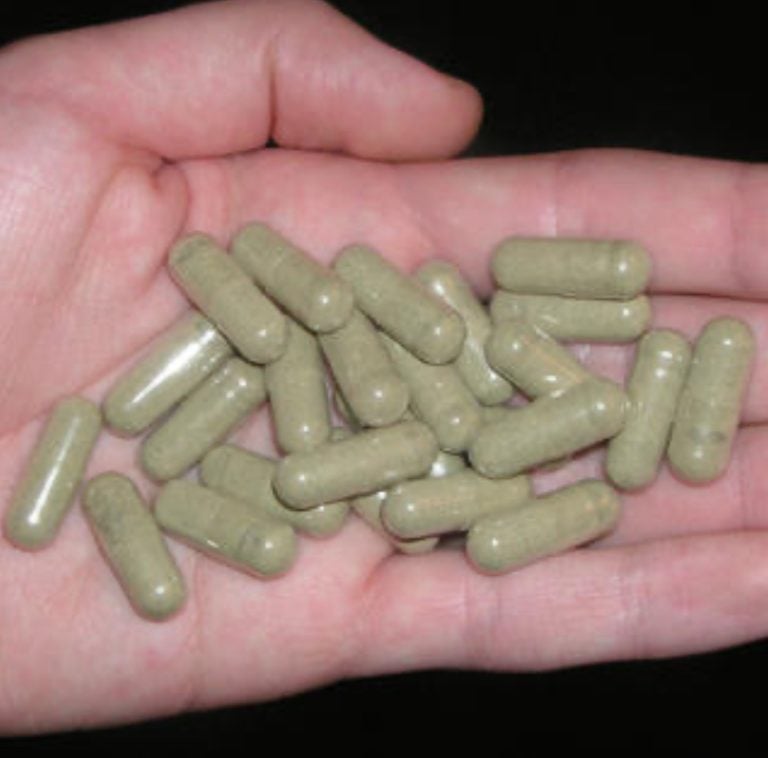New Law Regulates Kratom Sales in South Carolina

South Carolina has enacted the Kratom Consumer Protection Act, introducing new regulations on the sale and distribution of kratom products within the state.
What Is Kratom?
Kratom is a plant native to Southeast Asia, particularly in countries such as Thailand, Indonesia, and Malaysia. The leaves of the kratom tree contain compounds—primarily mitragynine and 7-hydroxymitragynine—that have psychoactive properties. Kratom has been used traditionally for centuries to relieve pain, increase energy, and manage fatigue.
In the United States, kratom is typically sold in powdered, capsule, or liquid extract form and is sometimes marketed as a dietary supplement. Users report varying effects depending on the dosage: low doses can have stimulating effects, while higher doses may act as a sedative or pain reliever. Some individuals also use kratom to manage withdrawal symptoms from opioids, although this use is not FDA-approved.
Health authorities, including the U.S. Food and Drug Administration, have expressed concerns over kratom’s potential for abuse, addiction, and adverse health effects. Reported side effects include nausea, constipation, dizziness, and in some cases, more serious outcomes like seizures or liver damage.
Key Provisions of the Law
The Kratom Consumer Protection Act includes several provisions aimed at ensuring consumer safety:
-
The sale of kratom to individuals under the age of 21 is prohibited.
-
Retailers must keep kratom products behind the counter, preventing unrestricted consumer access.
-
Products must not be adulterated with harmful substances, contain synthetic alkaloids, or exceed specified levels of certain natural compounds.
-
Violations of the law can result in penalties for retailers or distributors.
Legislative Background
The bill, known as Senate Bill 221, passed unanimously in both the South Carolina House and Senate before being signed into law by the governor on May 12. Lawmakers cited the need for regulation rather than prohibition, focusing on consumer protection while allowing legal adult use.
Implications for Retailers and Consumers
Retailers in South Carolina must now ensure compliance with the law, including age verification, secure product placement, and adherence to product standards. Consumers should be aware of the age restriction and changes in how kratom is accessed and labeled.
The law aims to establish consistent standards for kratom sales and reduce risks associated with contaminated or misbranded products.
Newsletter
Stay Informed with the WRHI/CN2 Weekly Newsletter.
Get all the top stories delivered straight to your inbox every Sunday morning—just like the classic Sunday paper. Grab your coffee and catch up on everything you missed this week. Sign up today!




